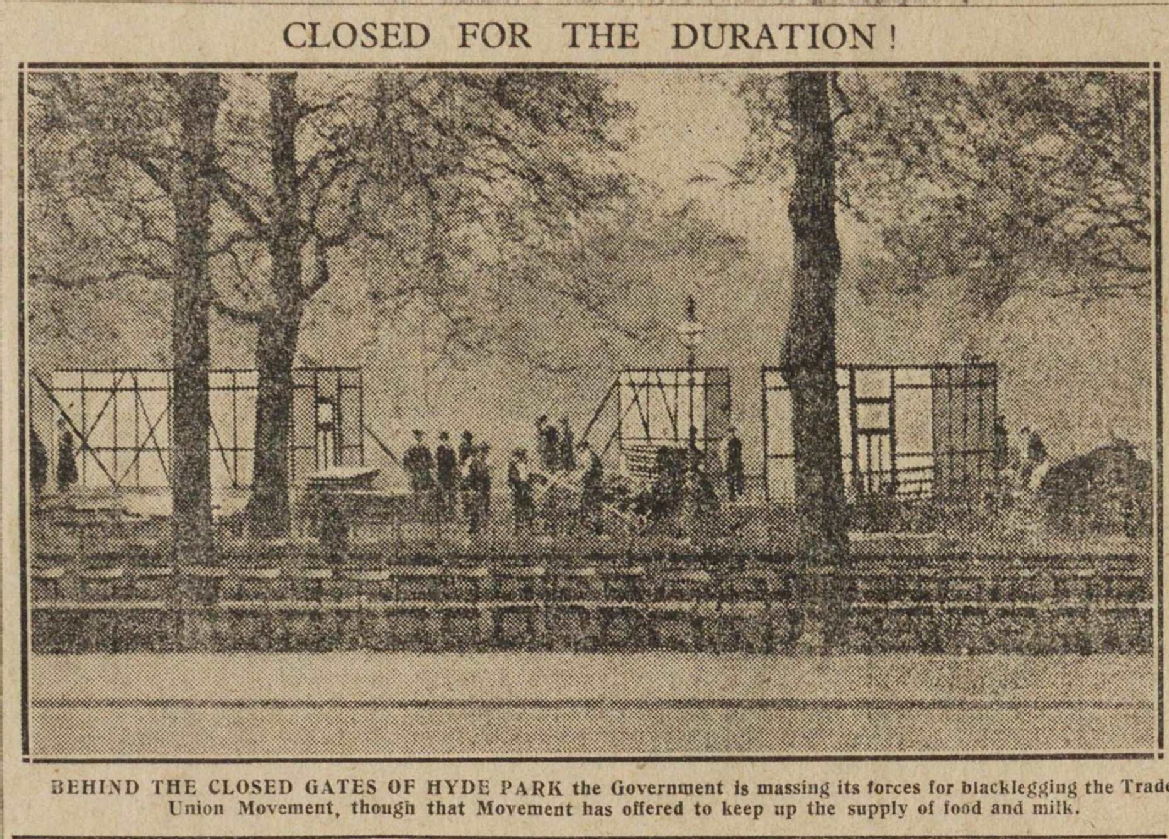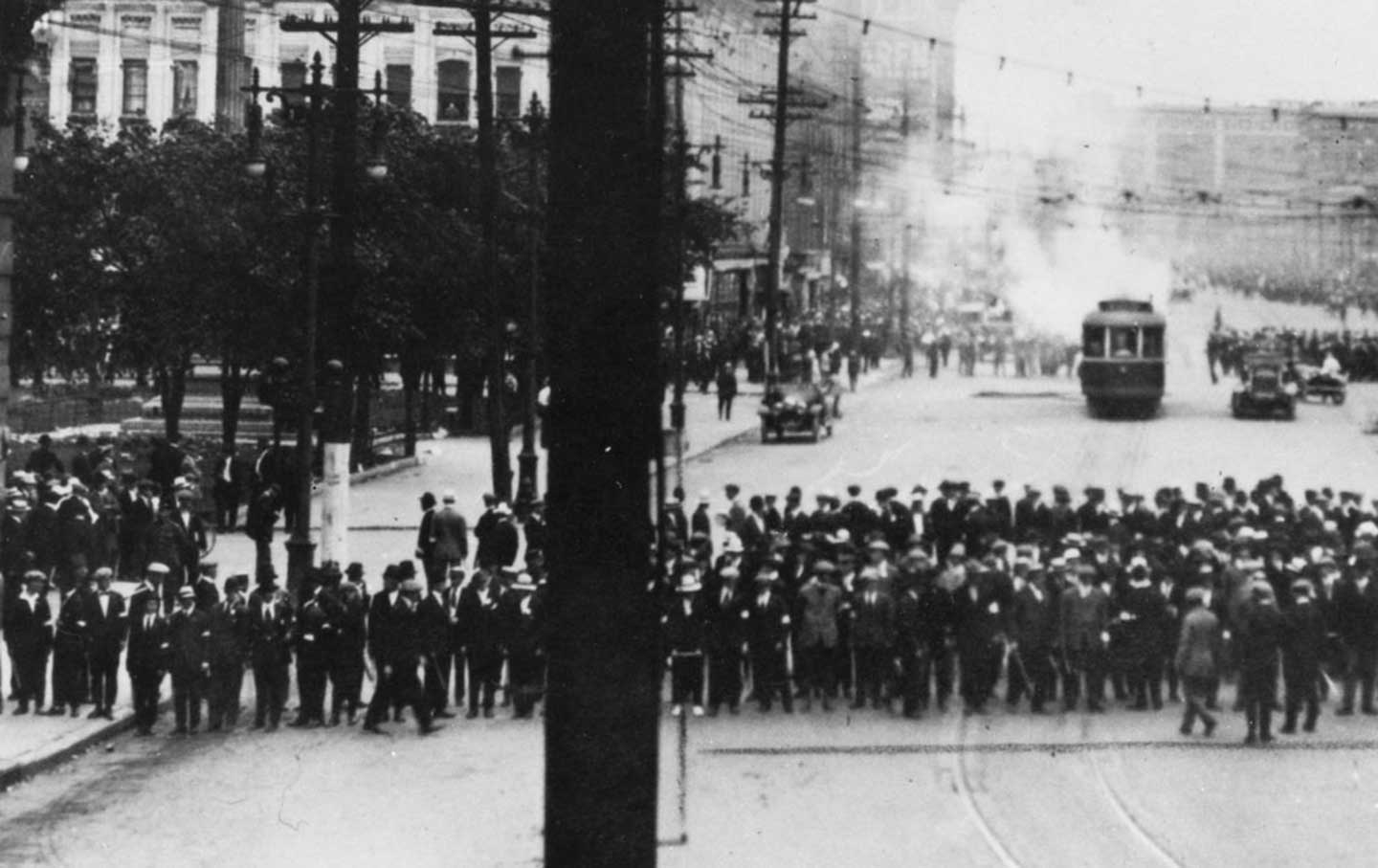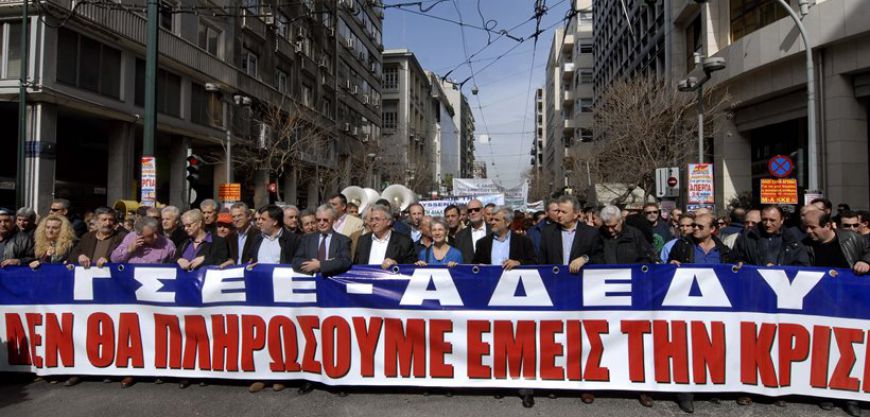

So their argument is, if the trains are not running and schools are closed, then how is human life endangered or serious bodily injury caused? This begs the question: why is the Bill needed in this form? In itself the extension of the number of services caught by the Bill is contentious because it is by no means certain that transport and education services should be viewed as ‘essential services.’ Some commentators are highlighting that section 240 of the Trade Union and Labour Relations (Consolidation) Act 1992 already makes it an offence to take industrial action in the knowledge or belief that human life will be endangered or serious bodily injury caused. The Bill would grant the Secretary of State powers to make ‘minimum service regulations’, which could set minimum service levels required during strikes in any services within six sectors: health services, fire and rescue services, education services, transport services, decommissioning of nuclear installations and management of radioactive waste and spent fuel, and border security. It is worth recalling that the Conservative manifesto for the December 2019 general election pledged to introduce legislation to ‘require that a minimum service operates during transport strikes’. Of course, much has changed at the top of the Conservative Party since then, but the new Bill goes much further than the manifesto promise. Does the Strikes (Minimum Service Levels) Bill provide a panacea to the current level of industrial action, or will it make matters worse? With no breakthrough in the various public sector pay negotiations in sight, most legal and political commentators are expecting the UK’s Strikes (Minimum Service Levels) Bill - the ‘Bill’ - to become law. While the House of Lords may delay the legislative process, ultimately the Conservative’s parliamentary majority is such that it could be rushed onto the statute books, much to the dismay of the minority in Parliament and the unions. But the epidemic of “Winnipegitis” had passed.Are we heading for a general strike in the UK? At the annual executive elections for the labour council in July, the conservative leadership that opposed the general strike were swept out of office by a slate of left-wingers who had supported it. This crisis in labour relations had exposed a deep left-right split in the Toronto labour movement. The garment workers waited till the next day to return to work. That night the general strike was called off. By Tuesday the Metal Trades Council realized there was little hope of anything more. By Monday a few other unions had walked out, totalling perhaps 17,000, but crucially the street railway union and other city workers, as well as the large new packinghouse workers’ union, voted not to join. So when the strike officially started on Friday May 30, the metal-workers were joined by only 3,000 carpenters and 2,000 garment workers. Their conservative leaders had flailed them with fears about broken contracts with their bosses. Far too many workers were sitting on the fence. When the votes were counted, however, there was a two-to-one majority for the general strike, but more than half the votes were abstentions. As the president of the Metal Trade Council told a big rally at Queen’s Park, “the capitalists will get such a dose of Winnipegitis before this is over that they will never forget it.” None of this broke the momentum toward a city-wide shutdown. And Prime Minister Robert Borden invited the parties to Ottawa for a day-long meeting to find a settlement. The mayor got involved in a week-long process of mediation between the metalworkers and their employers. Meanwhile the cautious leaders of the labour council tried to head off a general strike. Local unions would poll their members beforehand.

The labour council decided to hold a special strike convention.

So on May 13 the Metal Trades Council asked the Toronto Trades and Labour Council to call a general strike in support of their demands, just like Winnipeg was about to do. Their bosses would have nothing to do with such a “one big union.” They also refused to discuss the metalworkers leading demand – an eight-hour day. They were represented by a new Metal Trades Council, which insisted on joint bargaining with employers. To the great relief of the city’s businessmen and politicians, the answer was soon No.Īt the beginning of May, the city’s twelve metal-working unions had started a strike.


 0 kommentar(er)
0 kommentar(er)
